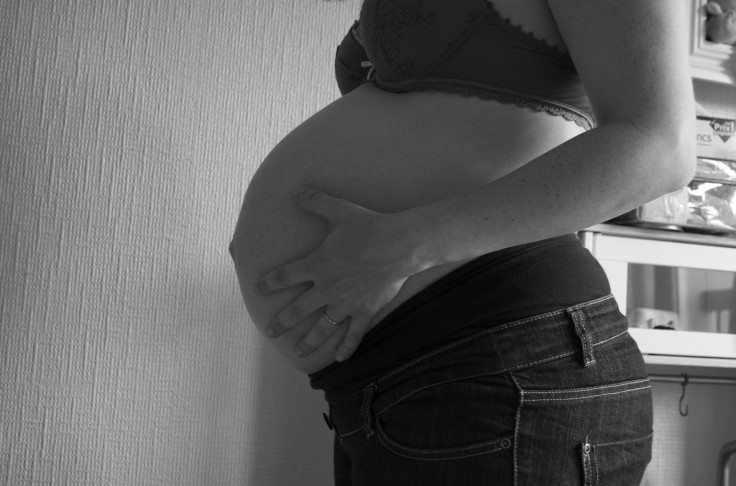Pregnant Women Taking Antidepressants May Increase Child's Risk For Autism Spectrum Disorder

Autism has been a hot topic of conversation of late, for both mothers and medical professionals alike. While theories of an association between vaccination and autism have been debunked, it looks like mothers may have to consider another risk factor: antidepressants (AD).
A new study published by JAMA Pediatrics suggests there is an association between pregnant women taking ADs during the final two trimesters of pregnancy — particularly selective serotonin reuptake inhibitors (SSRIs) — and an increased risk for autism spectrum disorder (ASD). Autism is a neurodevelopmental disorder hallmarked by altered language and social interaction, communication, and behaviors. Few studies have investigated a potential link between AD use and ASD, but a better understanding of the long-term neurodevelopmental effects of ADs on children when used during pregnancy could make it a public health priority.
Dr. Anick Berard, of the University of Montreal, and coauthors used data on all pregnancies and children in Quebec spanning 11 years. Of the 145,456 infants born alive, 1,054 (0.72 percent) were diagnosed with ASD. The researchers identified 4,725 infants (3.2 percent) had been exposed to ADs in utero, while women taking ADs during the second or third trimester increased ASD risk by 87 percent. There was no association observed between the use of ADs and risk of ASD in the first trimester or the year before pregnancy.
As for the type of AD women were taking, researchers found an increased risk of ASD in those taking SSRIs (22 exposed infants) and with the use of multiple kinds of AD during the second and/or third trimester (5 exposed infants).
The study suggests several possible reasons for the increased risk of ASD, but ultimately concluded that further research is needed to specifically assess the specific types and dosages of ADs that could be associated with an increased risk of ASD. This study recognizes its limitations, including the use of prescription filling data, which may not reflect true use, and the data also contained no information on the lifestyle of the mothers during their pregnancies.
This isn't the first time antidepressants have been targeted as being potentially unsafe for pregnant women. In 2006, the Food and Drug Administration advised pregnant women taking SSRIs during late stages of pregnancy could increase risk for persistent pulmonary hypertension (PPHN), a condition that could spike newborn's blood pressure. A separate study found SSRIs doubled the risk for birth defects, and one study even suggested that a mother's use of a particular antidepressant (fluoxetine) could increase the risk of obesity and diabetes in offspring.
After their own study on pregnant women taking ADs and possibly risking PPHN, researchers from the Brigham and Women's Hospital in Boston found while it's possible the drugs increase women's risk, "the absolute risk is small." More research across the board needs to be done.
Source: Boukhris T, Sheehy O, Mottron L, Berard A. Antidepressant Use During Pregnancy and the Risk of Autism Spectrum Disorder in Children. JAMA Pediatrics. 2015.
Published by Medicaldaily.com



























